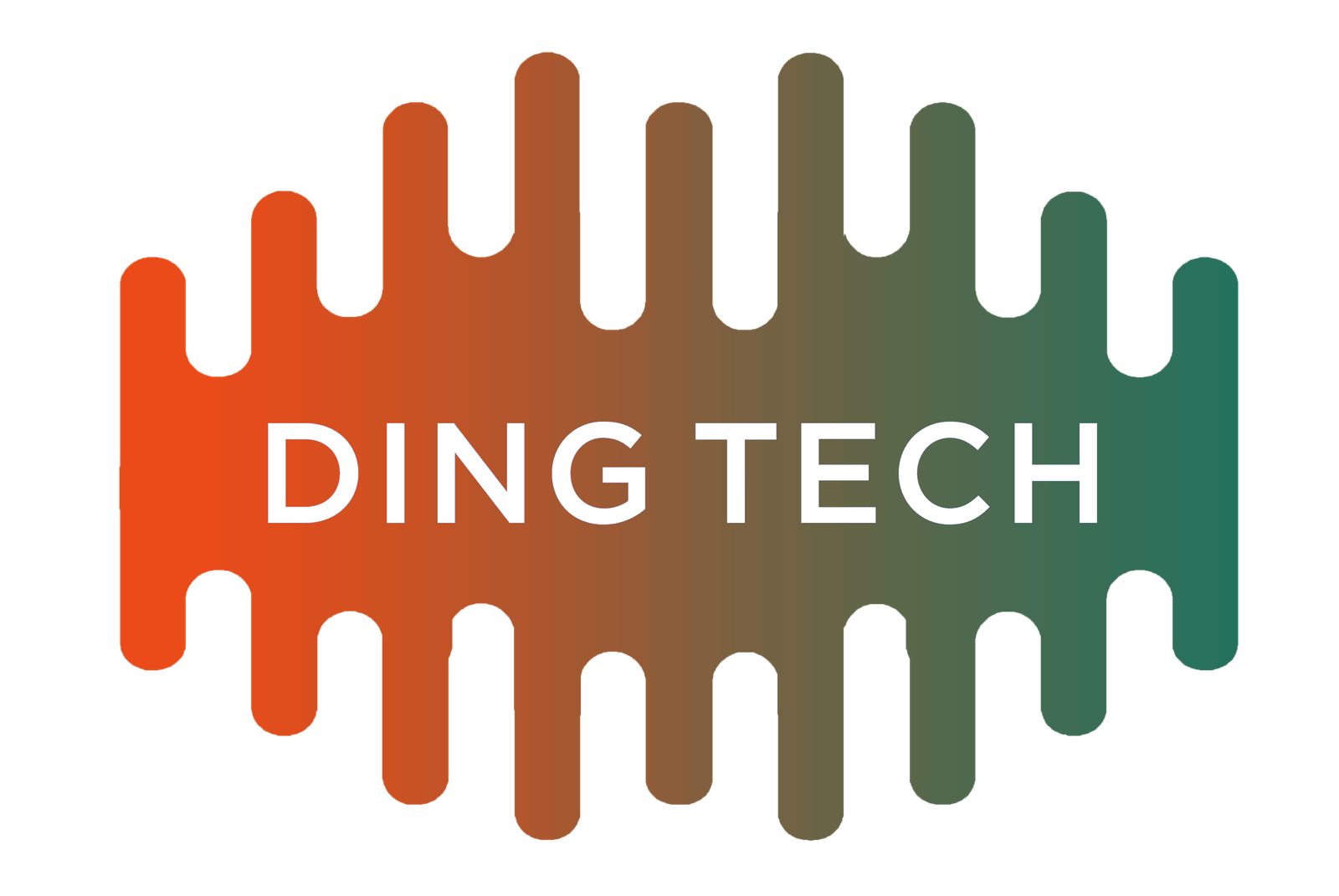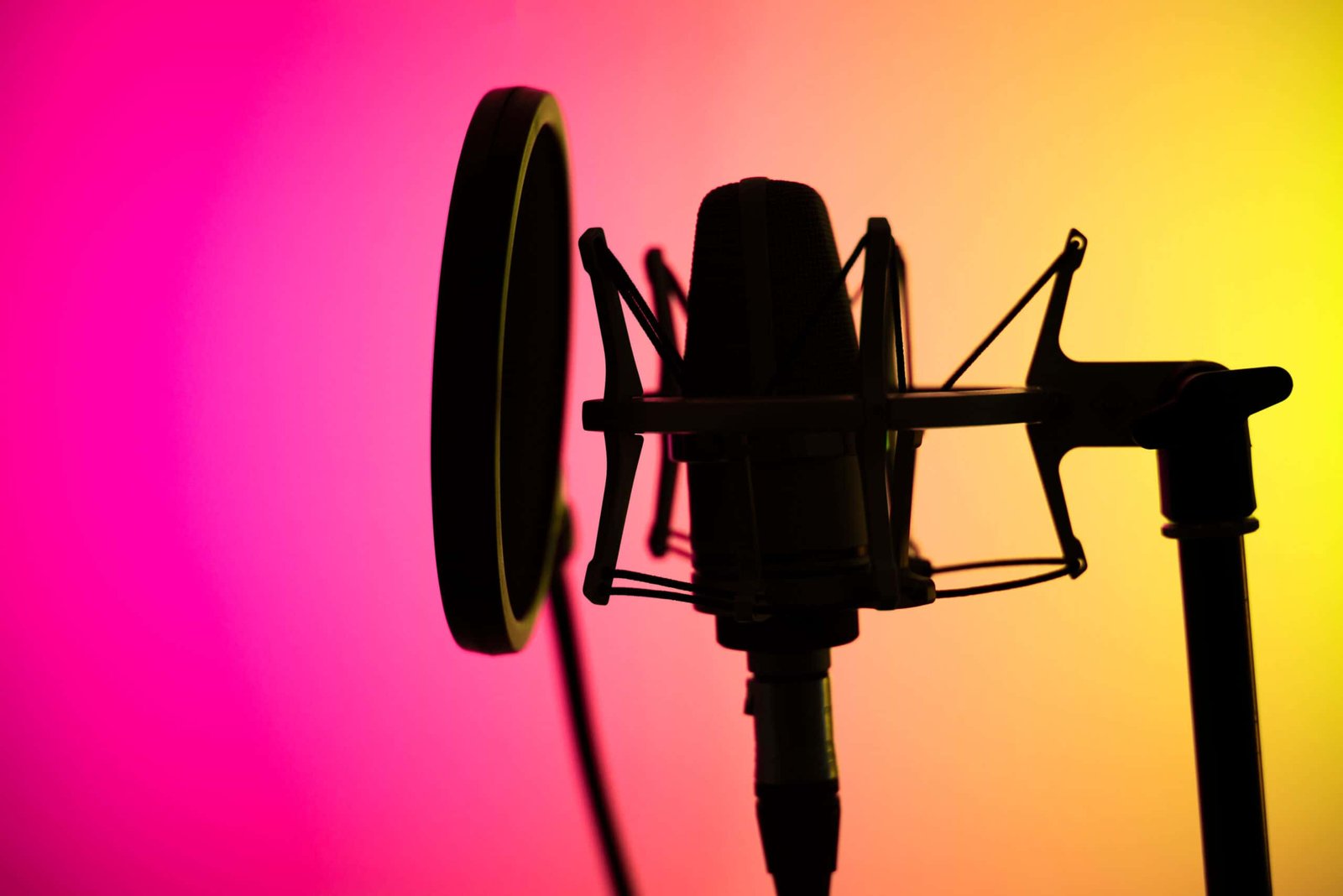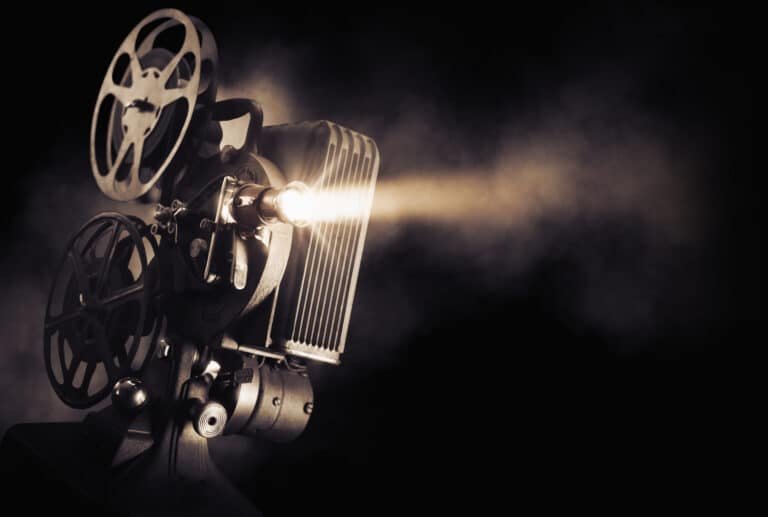Today, voice-over and dubbing seem like two different ways to go when it comes to entertainment. One is often more expensive, while the other offers a rich culture and history of storytelling. Both methods are being used so that people worldwide can enjoy something that is not from their own culture.
Let’s look at some facts about these methods:
What is a voice-over?
Voice-over is the practice of recording voices to be played over the top of an audio track. It can be done with a microphone and digital audio workstation or simply by playing the original audio track and re-recording it with any number of speakers.
What is dubbing?
Dubbing is when you get another actor to record their lines after the scene has been shot. In most cases, all the actors are in the same room together. The original audio track will remain intact during production, and there is no post-production editing of what has already been recorded.
What are the benefits of voice-over?

One benefit of voice-over is that the actor can produce a very personal and entirely unique script interpretation. Another benefit is the flexibility to change lines as necessary if something wasn’t clear enough or made sense in context.
Other main benefits include:
- Lower costs (no need to physically dub the whole video)
- Easier management of audio since it’s independent of the video track
- More significant opportunity for unique content due to a greater volume of actors who can perform voice-over.
What are the drawbacks of voice-over?
A drawback of voice-over is that it takes artists a very long time to produce a good product. On top of that, there is a lot of money involved in hiring professionals for voice-over projects. It can be challenging to get the professional sound you want from your actors without proper training and quality equipment.
Other main drawbacks include:
- Can place limits on how creative a video can be if the script needs to remain as it is.
- Difficult to sync audio and video together. Voice-over artists have difficulty reading a script at the same pace with which the original actor spoke. This makes for a bad-quality dub.
What are the benefits of dubbing?

Dubbing has several benefits, including the ability to edit out mistakes and awkward pauses. It can also be a very cost-effective choice for studios as all actors are present in the studio at one time, eliminating long uploads and post-production work.
Other main benefits include:
- More accurate lip-syncing since the audio will match up perfectly with the video
- Easier management of audio since it is synchronized with the video track
- Lower costs due to all actors being in one studio at a time and pre-recorded audio which doesn’t require re-editing even if there are mistakes
What are the drawbacks of dubbing?
One drawback of dubbing is that it removes a lot of spontaneity from the original performance without the actor being present. In most cases, you can’t get a truly personal interpretation from an actor when they are reading lines in a studio space instead of onset with their fellow actors.
Other main drawbacks include:
- The highly controlled voice which lacks the spontaneity of a live performance
- Less control over timing due to some variation in how long it takes actors to read their lines
- Fewer unique voices since you are limited by the number of actors who can perform at any one time.
Why do some people prefer to watch dubbed movies rather than the original version with subtitles?
Some people prefer watching a dubbed version of a foreign film or television show rather than reading subtitles while they watch. Dubbed versions offer a way to experience that same story while still being able to enjoy it in your native language. If you grew up watching certain shows or films, there is something nostalgic about enjoying it again the way you always have.
Some people genuinely prefer not to read subtitles while they watch and can enjoy watching dubs more than subs.
Some subtitled movies are brutal to follow because there are too many words on the screen at once. People with reduced vision will likely prefer to watch dubs rather than struggle over difficult subtitles. Watching dubbed versions of foreign shows means that you get the same story without having to focus on too much text at once.
Some people believe that watching dubbed versions is a way of immersing yourself in your native culture and language, which may be more interesting for them than reading subtitles.
The Bottom Line
To conclude, voice-over is more affordable and has a more excellent range in voice-actors, while dubbing is more cost-effective and offers a richer cultural experience. However, voice-over can lose spontaneity and timing due to voice artists reading lines in a studio. Dubbing lacks the live element of performance but overcomes these problems with highly accurate lip-syncing. Some people prefer watching dubs for their native language, while others believe that it’s a way of immersing oneself in one’s own culture.
It is up to whether you prefer watching dubbed, voice-over, or subtitled foreign films in your native language! So what’s it going to be? Voice-over or dubbing? The decision is yours!
Was this article useful to you?
0 / 5. 0
很抱歉,这篇文章对您没有用!
让我们改善这篇文章!
告诉我们我们如何改善这篇文章?









